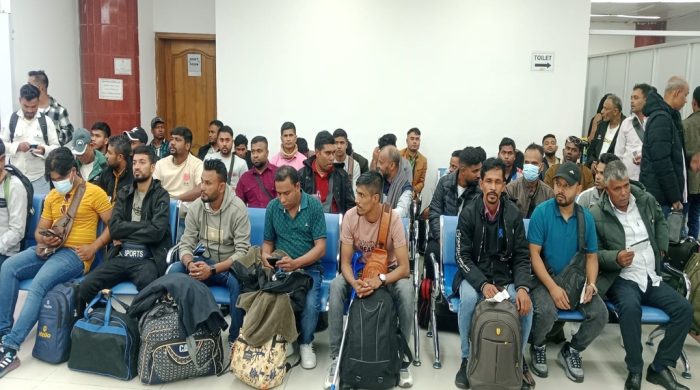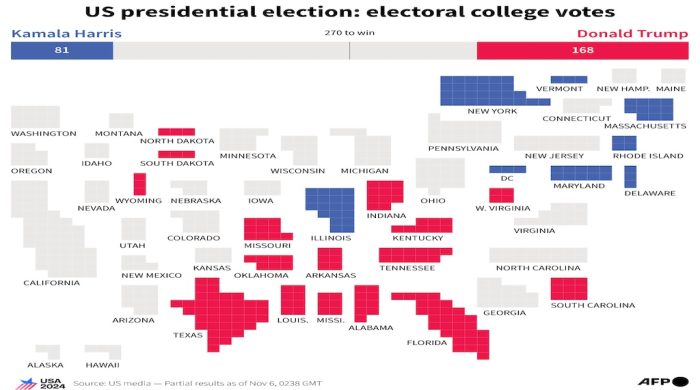A sustainable growth must be an inclusive growth

- Update Time : Wednesday, January 19, 2022
- 141 Time View

AN INCREASE in unemployment amidst the Covid outbreak has become a major concern while unemployment and underemployment have for long been indicators of a jobless development. The International Labour Organisation has projected that Bangladesh’s unemployment will stand at 3.6 million in 2022, surpassing the pre-Covid level by 0.5 million as the labour market recovery has been slow and uncertain because of a lower vaccination rate and tighter fiscal space. The ILO report has also forecast that at least 5 per cent of the total work force would remain unemployed in 2022, up from 4.4 per cent in 2019. The report says that Bangladesh has made almost no progress in labour market recovery in 2021 as it did in 2020 and the unemployment rate is unlikely to reach the pre-Covid level until at least 2023. Other studies project the unemployment situation to be more severe. Statistics put the youth unemployment rate at 12 per cent now and it might increase if the Covid outbreak continues to impact the economy.
About 9 per cent of informal-sector employees have lost their job since Covid-19 broke out while about a half of employees have experienced significant income reduction. There are more reasons for concern. About 86 per cent of jobs now are in the informal sector, where quality and security are highly questionable, which has become evident over the past two years when employees felt the pinch of the economic slowdown. The worrying growth in the poverty rate from about 21 per cent before the Covid outbreak to about 35 per cent by 2020 is also attributable to low job security in the informal sector. Even before Covid-19 broke out, job creation had been dismally poor. A 2018 SANEM report shows that there had been a net increase of 2.8 million jobs on top of the 60.7 million jobs that existed in 2013, suggesting that the number of jobs grew by only 0.9 per cent a year or less than an eighth of the rate at which the economy grew. The government, which has repeatedly promised initiatives to generate jobs, has not been able to do so because of poor implementation of employment growth projects and programmes.
No real recovery from the Covid outbreak is possible without a broad-based labour market recovery. The government must ensure inequality reduction and job creation to achieve such a recovery. The government must also address the issue of low vaccination rate and go for structural transformation of the economy to facilitate the growth of labour-intensive industries. The government needs to intervene through adequate policy and legal frameworks and the implementation of the relevant laws to ensure job security in the informal sector. Unemployment will continue until growth becomes inclusive.


























